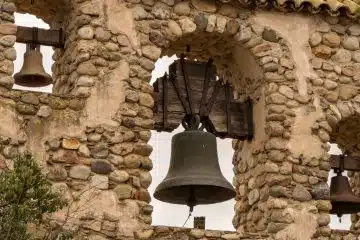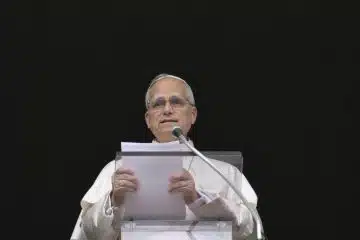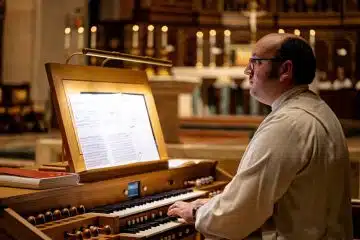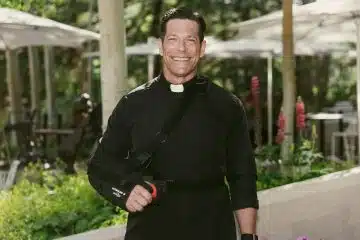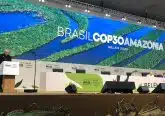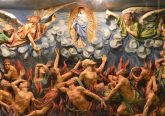Care for Creation
What is the Church’s perspective on caring for the earth?
The Church’s social teaching includes the principle that humans are called to be stewards of creation. This is rooted in an understanding found in the Book of Genesis that everything God creates is good. Our stewardship is a participation in the goodness of creation.
We should not exploit the earth, therefore, but ensure that it remains hospitable for humankind. The most significant magisterial text on care for creation is Pope Francis’ 2015 encyclical Laudato Si (“On Care for Our Common Home”), which reflects the contemporary need for environmental concern and its theological underpinnings.
GOD’S CREATION
The Church’s understanding of the created world is drawn from the Bible. The first words of Scripture impart the vital truth that God is the creator of all: “In the beginning, God created the heavens and the earth” (Gen. 1:1). As God went about the work of creating, He repeatedly called it “good”— or even “very good,” as He said after the creation of man and woman (Gen. 1:31).
Creation is, therefore, endowed with the mark of the creator. It stems from an act of God that continues to replenish and sustain the earth. Humanity has a unique role in safeguarding the natural world, especially those resources that all life require for survival. This is one aspect of the Church’s doctrine of the solidarity of all humankind.
THREATS TO CREATION
The Church recognizes threats to creation through human activity that often seeks to control nature rather than cooperate with it. In his encyclical, Pope Francis cites pollution, harmful emissions, overconsumption of the earth’s goods and a “throwaway culture” that quickly produces and discards.
These choices have sometimes led to a decline in the quality of human life through compromising ecosystems, air and water pollution and climate instability. The pope highlights as a threat environmental changes caused by human activity, especially because they disproportionately affect the world’s poor.
A MORAL IMPERATIVE
The Church understands care for creation as a moral imperative. It is both a stewardship issue—respect for God’s gifts—and a life issue, since care for creation impacts all living beings. Pope Francis urges us to “respect the laws of nature and the delicate equilibria existing between the creatures of this world” (Laudato Si, §68). He calls this “integral ecology,” by which humanity recognizes that the earth is on loan to each generation. We are the earth’s stewards, not its owners. We are cooperators with God and His creative action. Abuse of the created world can be seen as a sin against God and humanity.
A PATH FORWARD
The Church provides the theological and moral framework to consider humanity’s duty to creation but does not offer a specific environmental program. It encourages collaboration among peoples and nations, relying on input from scientists and other experts to chart a path forward. Prudential judgment and practical considerations are necessary.
Pope Francis has advocated for government efforts that reduce pollution, responsibly use natural resources and promote sustainable development. At the individual level, the pope has urged an “ecological conversion” seen in lifestyle changes that lead to greater simplicity and reduced consumption.
Ultimately, the Church’s understanding of creation affirms that we are creatures, not the creator. The earth was here before us, and it is our responsibility to help future generations enjoy its goodness. This task is not only the work of governments, but also of communities and individuals.
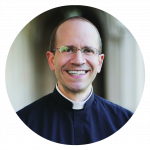 Father David Endres is professor of Church history and historical theology at Mount St. Mary’s Seminary & School of Theology.
Father David Endres is professor of Church history and historical theology at Mount St. Mary’s Seminary & School of Theology.
This article appeared in the July 2023 edition of The Catholic Telegraph Magazine. For your complimentary subscription, click here.



